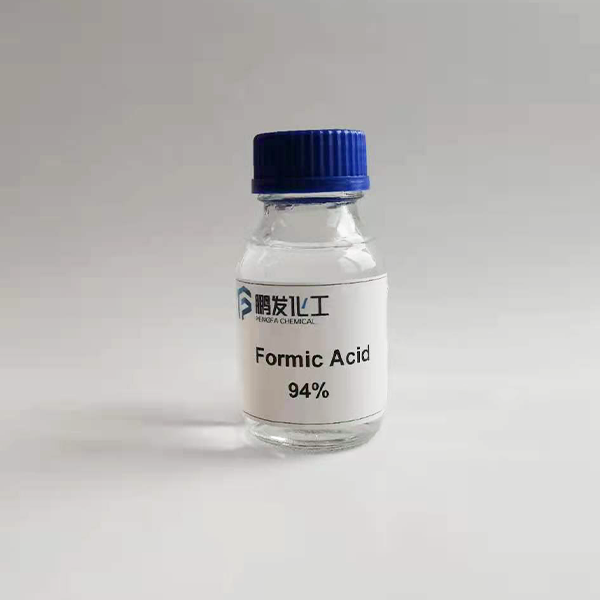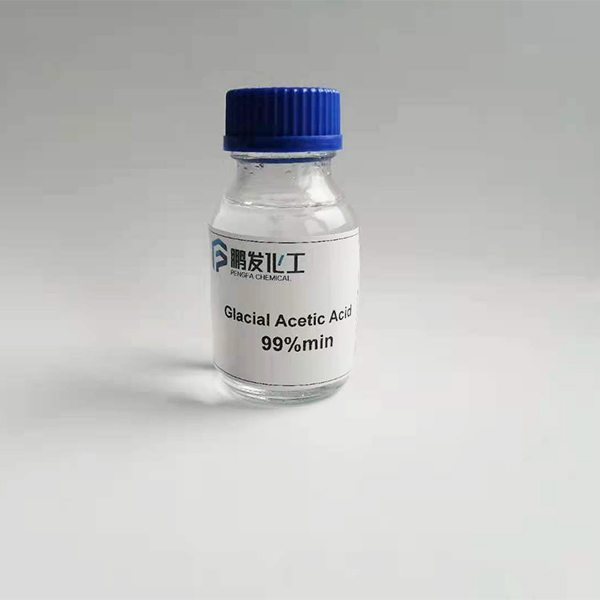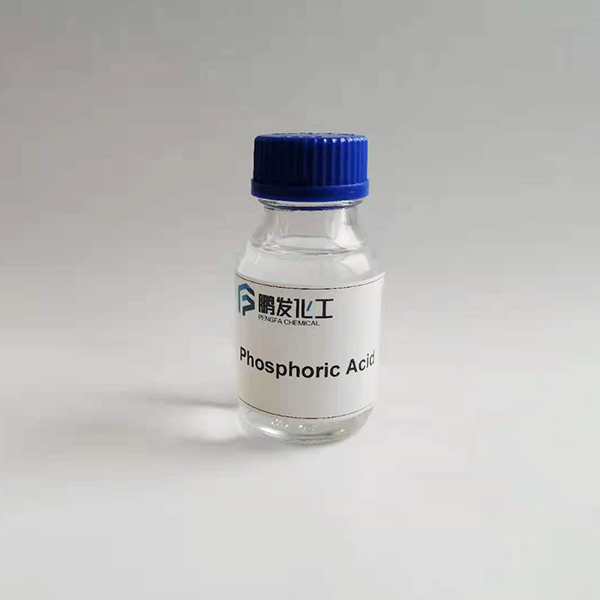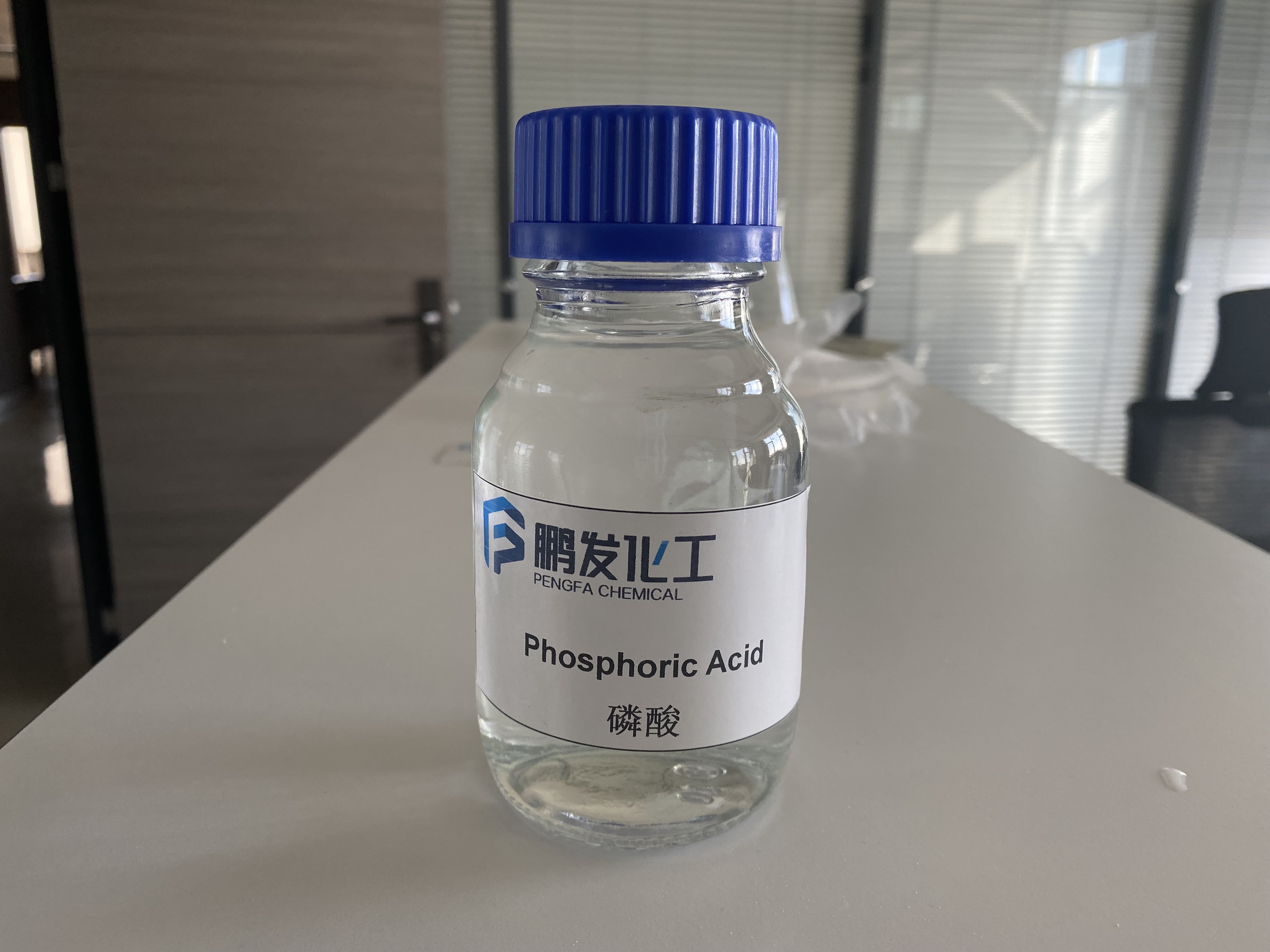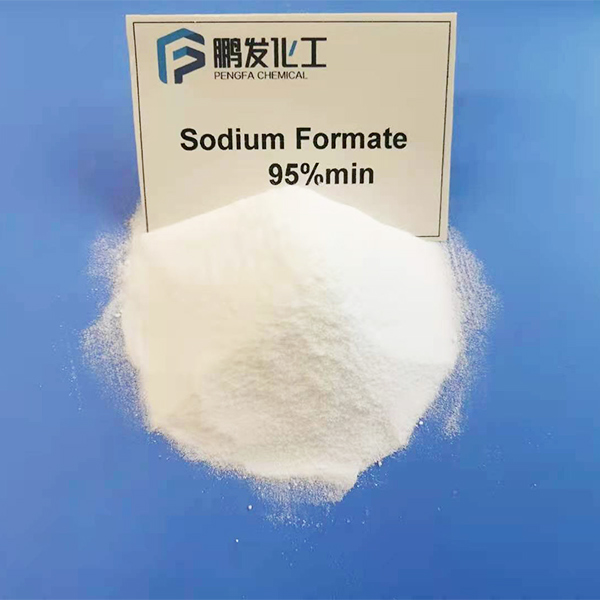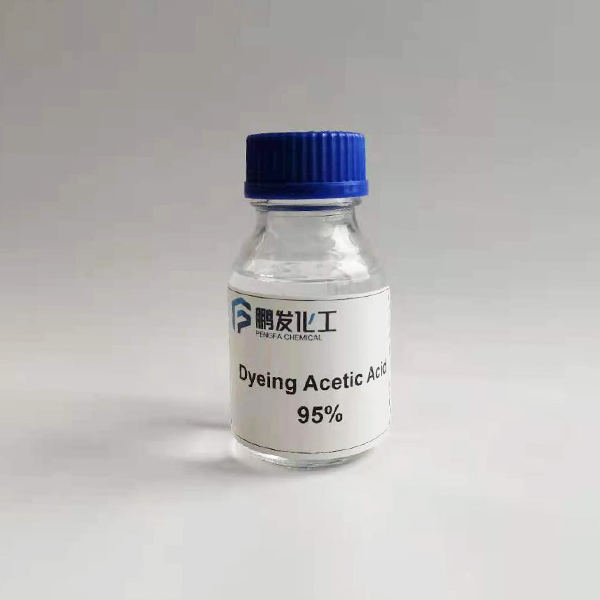The Application of Formic acid in sea cucumber culture?
The Application of Formic acid in sea cucumber culture?,
Formic Acid, formic acid action, formic acid application way, formic acid factory domestic manufacturers, Formic Acid Manufacturer, formic acid Peng hair chemical industry, formic acid use,
|
Item |
Specifications |
||
|
98.5%min |
|||
|
Superior |
First-class |
Qualified |
|
| Formic Acid, w/% ≥ |
94 |
||
| Colour /Hazen(Pt-Co)≤ |
10 |
20 |
|
| Diluting(sample+water=1十3) |
Clear |
Pass test |
|
| Chlorides(as Cl),w/% ≤ |
0.0005 |
0.001 |
0.002 |
| Sulphates(as SO4),w/% ≤ |
0.0005 |
0.001 |
0.005 |
| Iron(as Fe)w/% ≤ |
0.0001 |
0.0004 |
0.0006 |
| Evaporation Residues w/% ≤ |
0.006 |
0.015 |
0.02 |




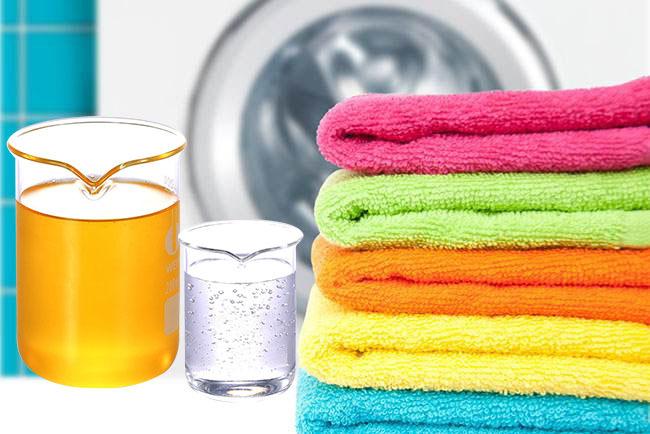

 Potassium dicarboxylate: Safe, residual-free, EU approved non-antibiotic, growth promoter, and effective against sea cucumber disease.
Potassium dicarboxylate: Safe, residual-free, EU approved non-antibiotic, growth promoter, and effective against sea cucumber disease.
1. Effects of dietary potassium dicarboxylate on growth and survival of Apostichopus japonicus
Dietary potassium dicarboxylate can improve the growth of Costiopsis japonica to varying degrees. With the increase of dietary potassium dicarboxylate supplemental level, the specific growth rate of Costiopsis Japonica has a significant trend of increasing. When dietary potassium dicarboxylate supplemental level reaches 0.8%, that is, when dietary potassium dicarboxylate supplemental level is 1.0% and 1.2%, The specific growth rate of Stichopus japonicus was significantly higher than that of the other treatment groups, but there was no significant difference (P > 0.05)(Table 2-2). Dietary potassium dicarboxylate had no effect on the survival rate of Radix japonicus, which was 100% in all treatment groups.
Welcome customers from all over the world to visit our Hebei Pengfa Chemical Co., LTD.
Rainy
Overseas Dept.Director
E:rainy@hhpfchem.com
M:+86 18931799878

